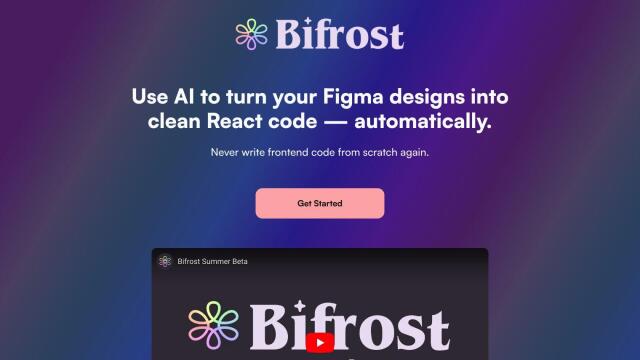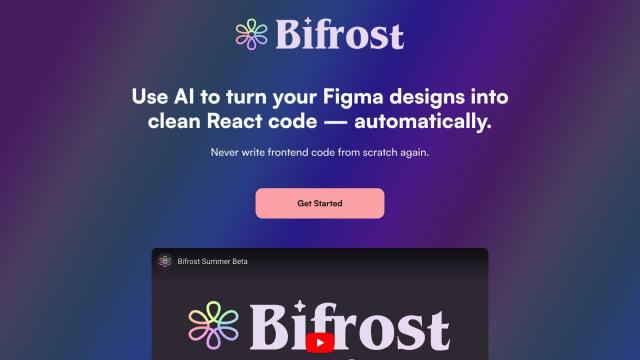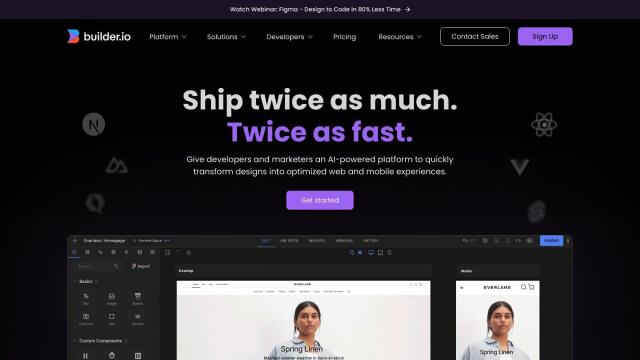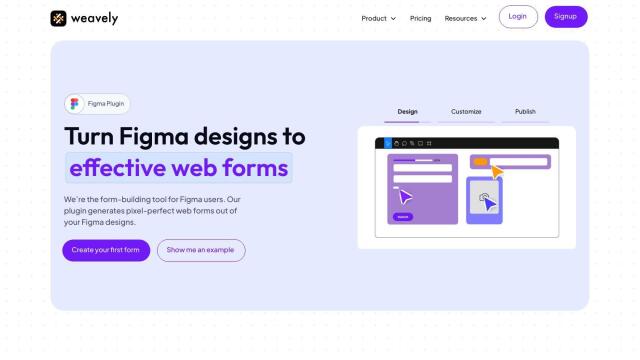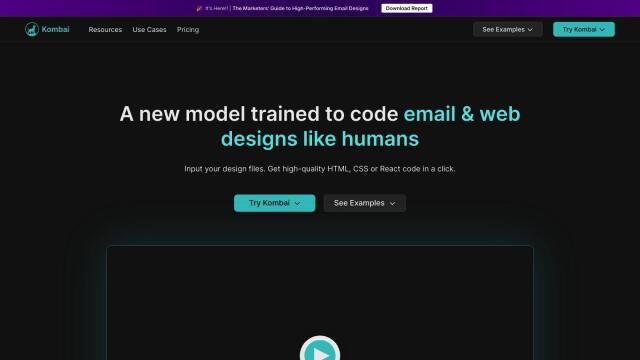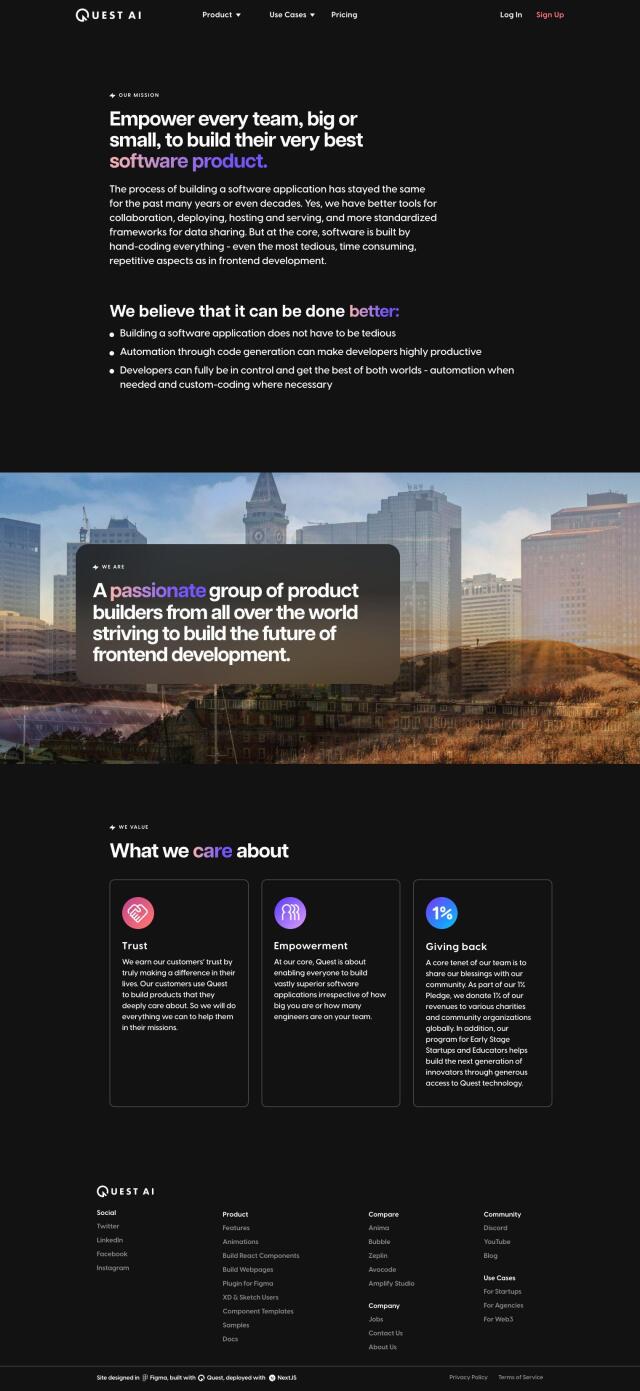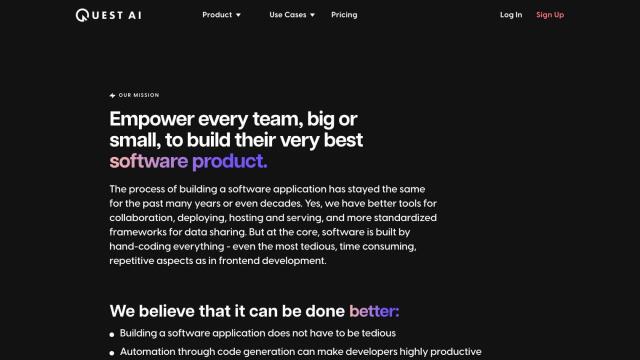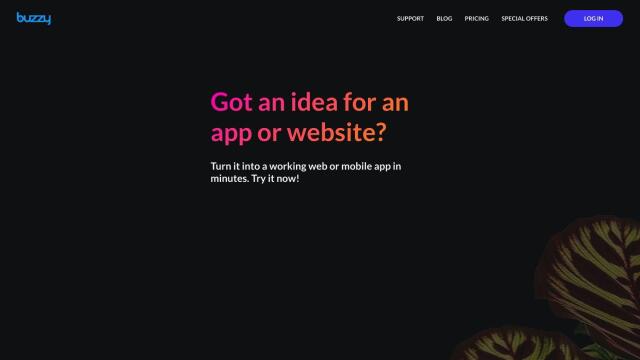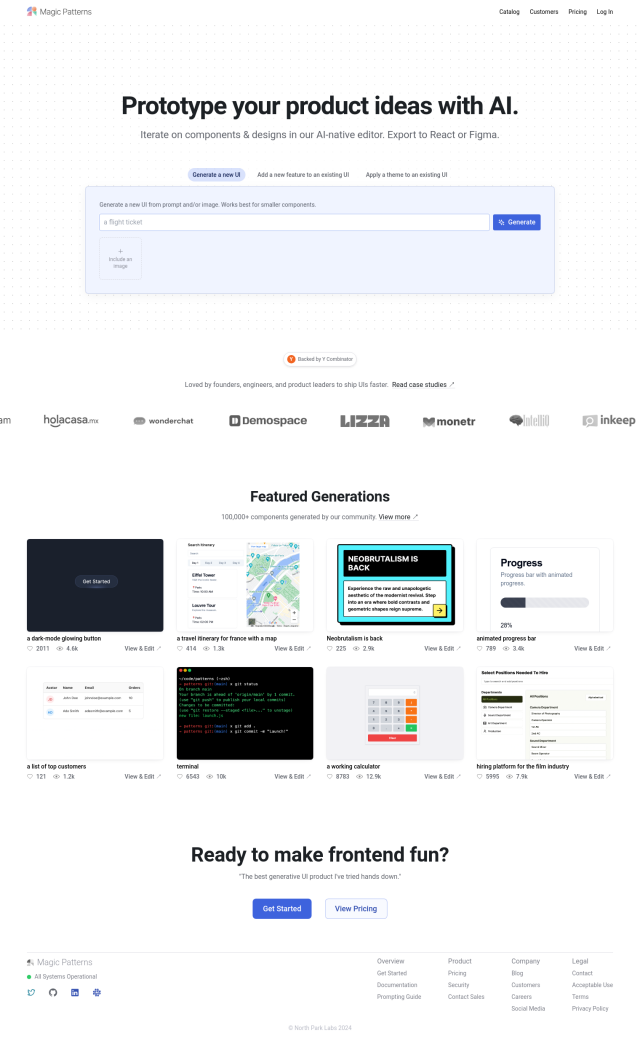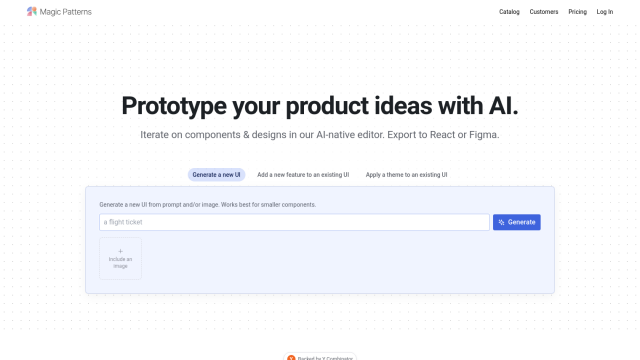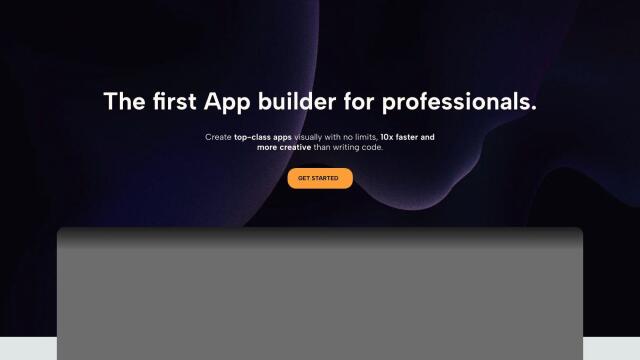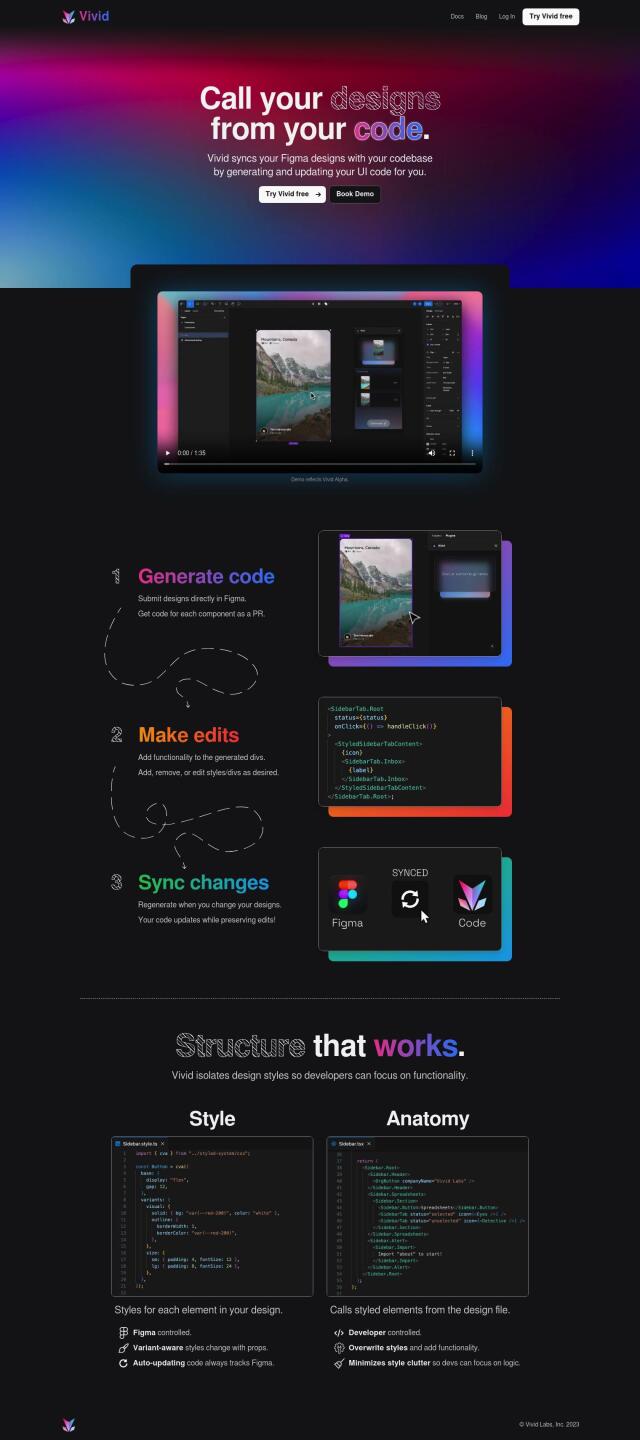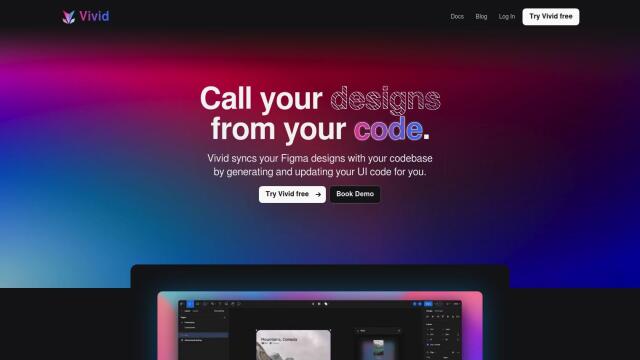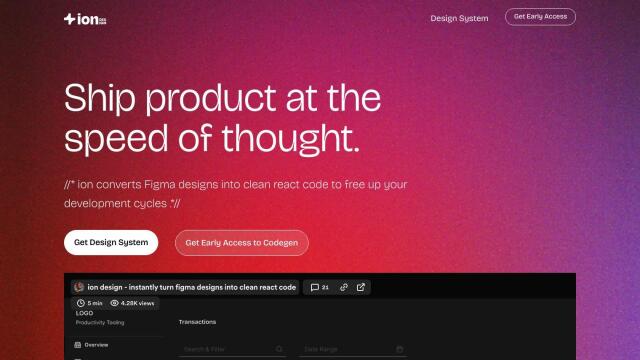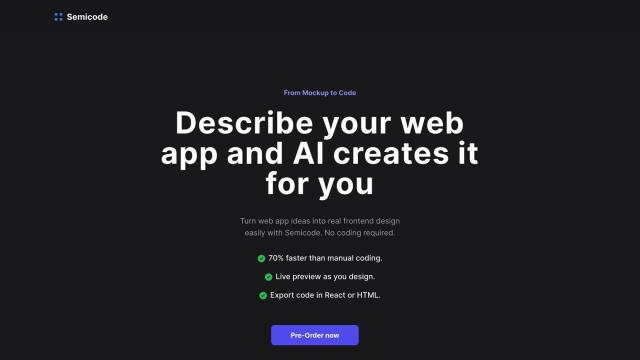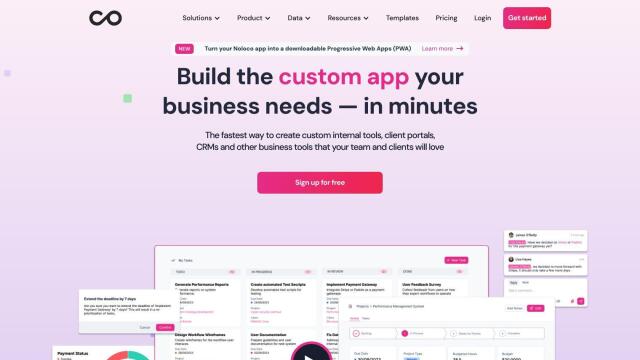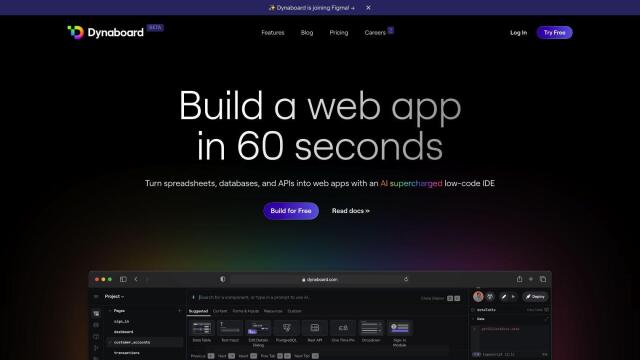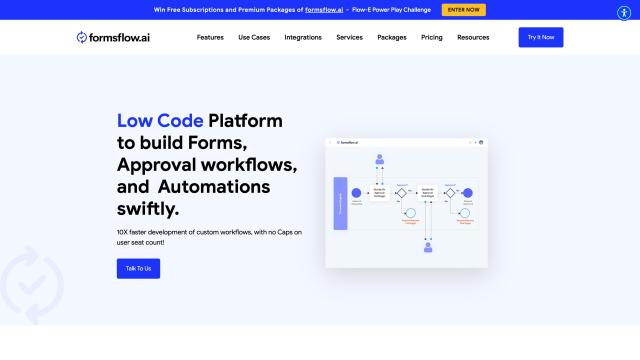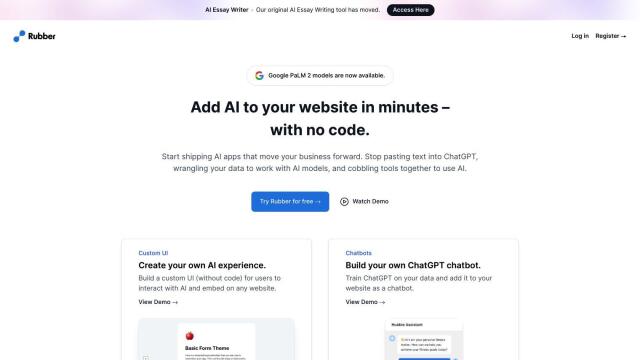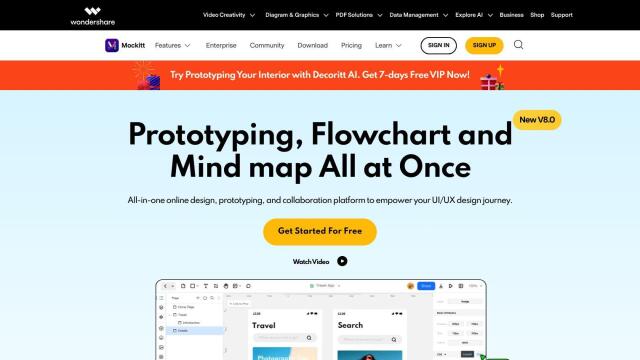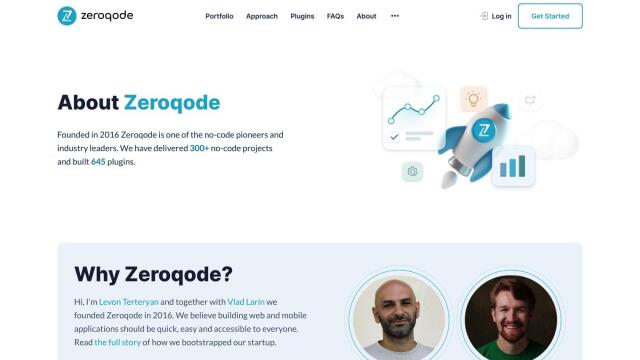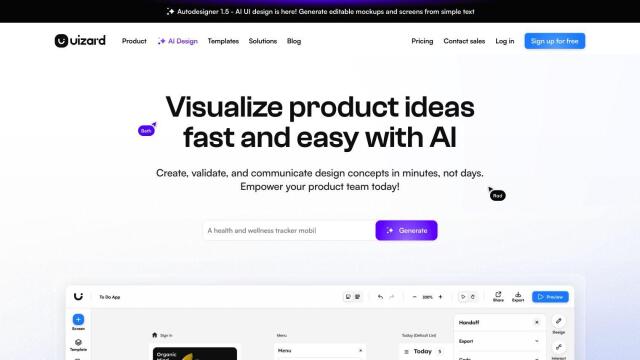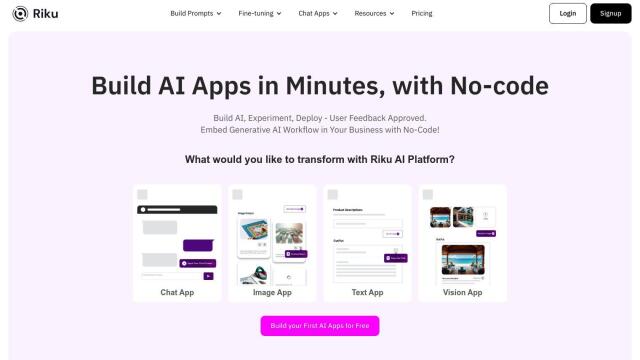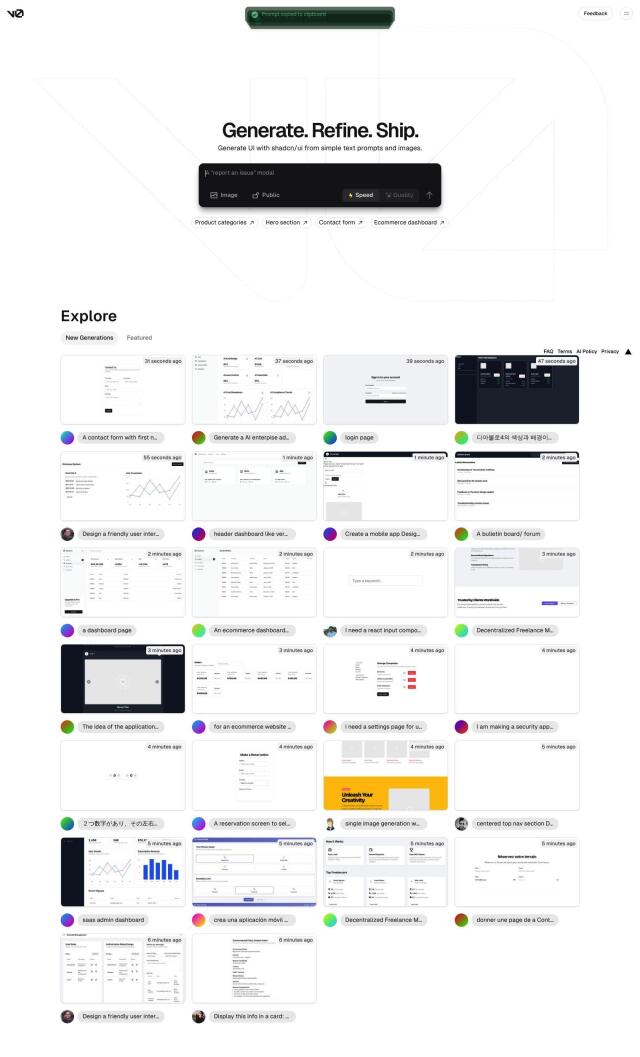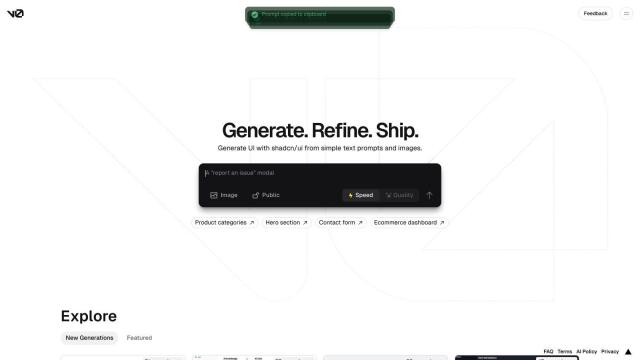Question: How can I add logic to my design components without needing to know how to code?

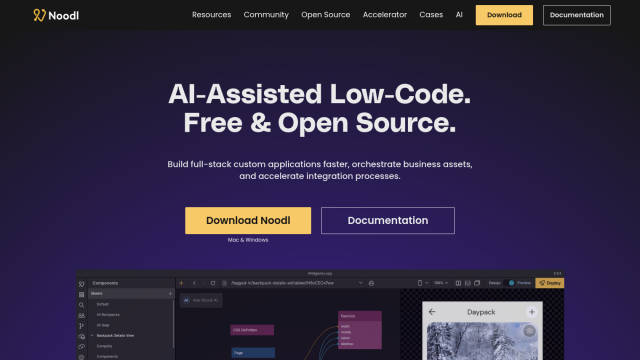
Noodl
If you want to bring some logic to your design components without having to write code, Noodl is worth a look. This open-source, AI-assisted low-code foundation lets you build full-stack custom apps fast using visual development and reusable components. It comes with AI-generated building blocks, database queries and UI widgets, so it's good for prototyping and scaling web apps even if you don't have a lot of coding experience.

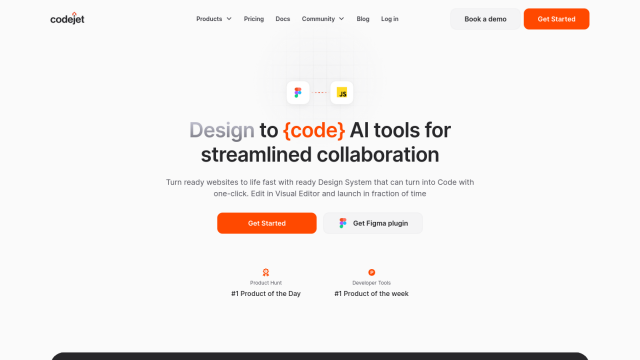
Codejet
Another good option is Codejet. This service converts designs into working code, which can be handy for designers working in tandem with developers. Codejet comes with a centralized Design System in Figma, AI Code Generation and a Visual Editor to fine-tune generated code. It also deploys websites immediately to custom domains, so it's a good option for speeding up your workflow and improving collaboration.

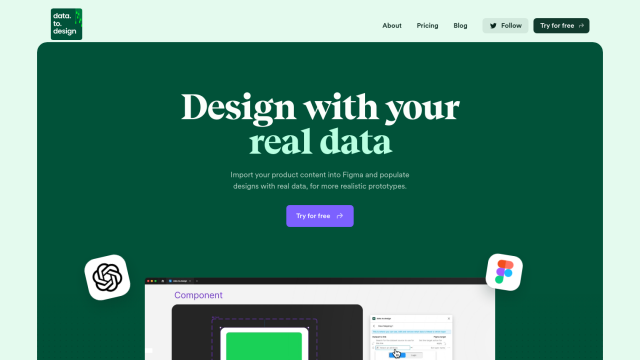
data.to.design
If you want to bring real data into your designs, data.to.design integrates with Figma to fill designs with real data. It can handle a variety of data sources, including CSV files, Notion and Google Sheets, so you can stress test and add logic to your designs. It's good for designers who want to make more realistic prototypes and get a better idea of how users will experience their designs.
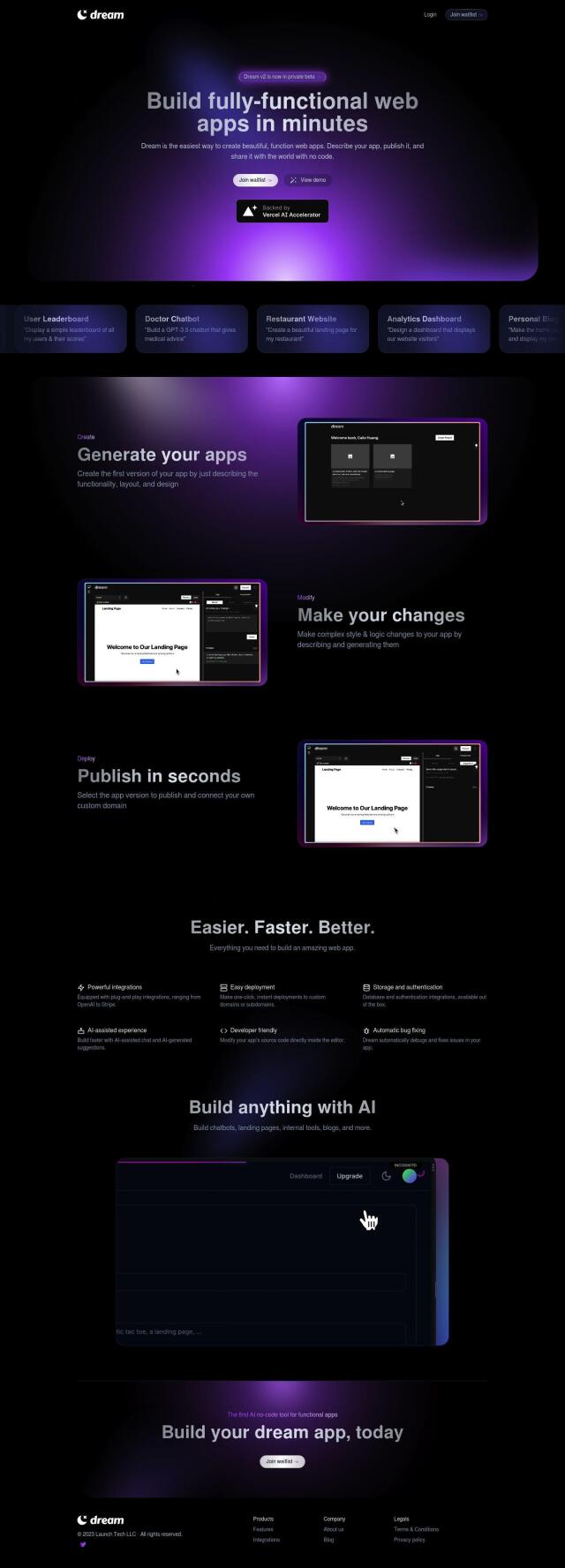
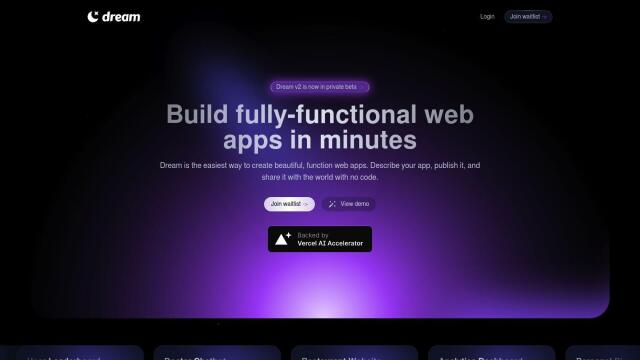
Dream
Last, Dream is an AI-assisted, no-code tool for building web applications. It's got features like one-click deployment, integration with services like OpenAI and Stripe, and automated bug fixing. Dream is good for building a broad range of web apps, like chatbots and analytics dashboards, and you can change complex styles and logic without having to write any code.
